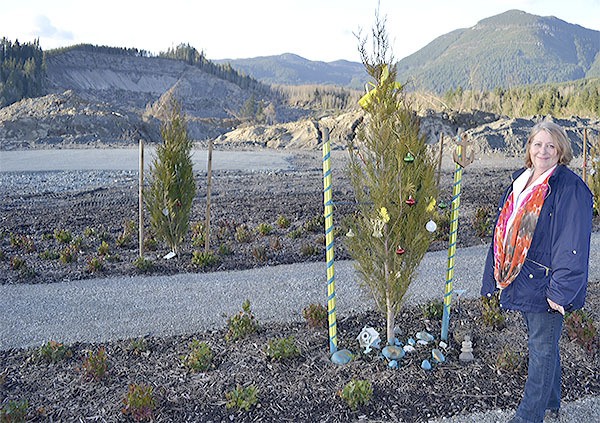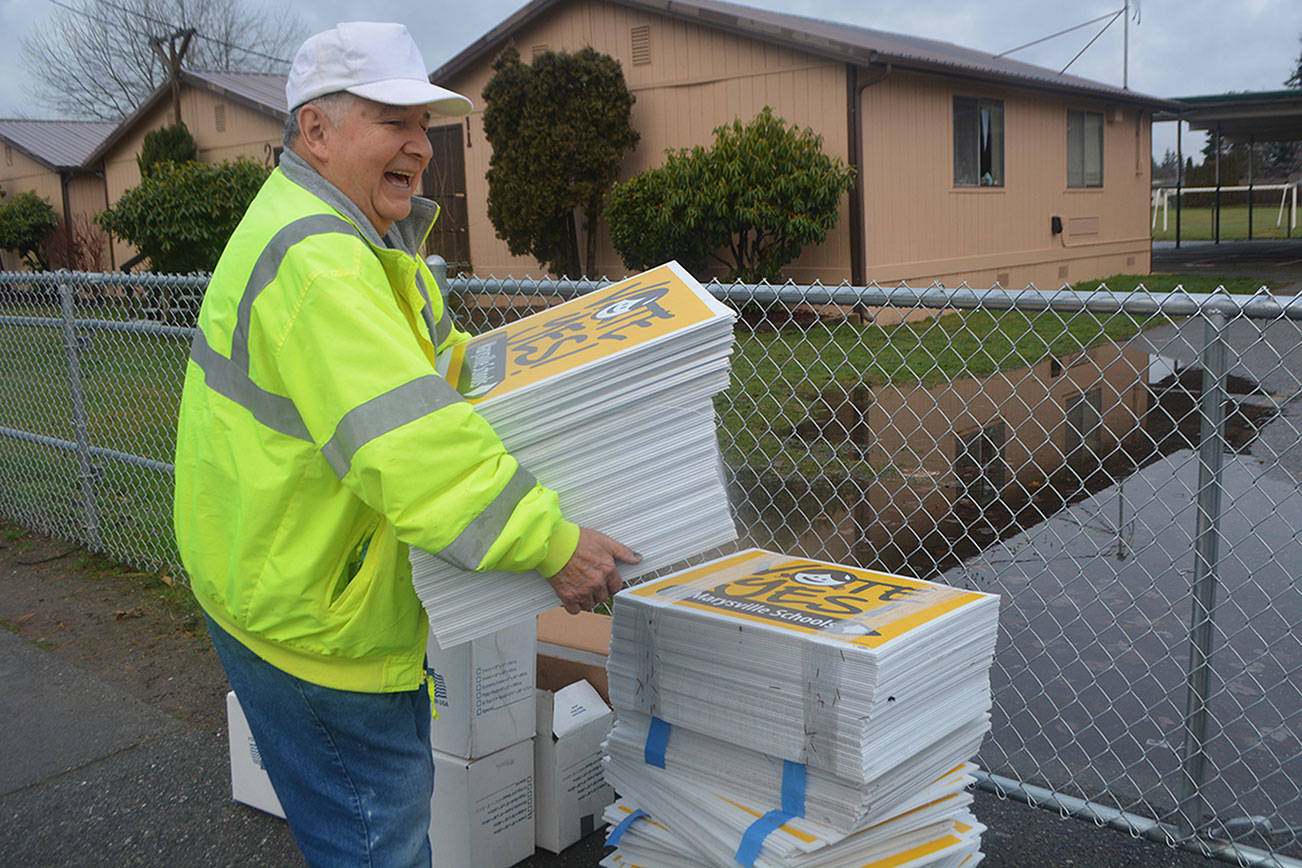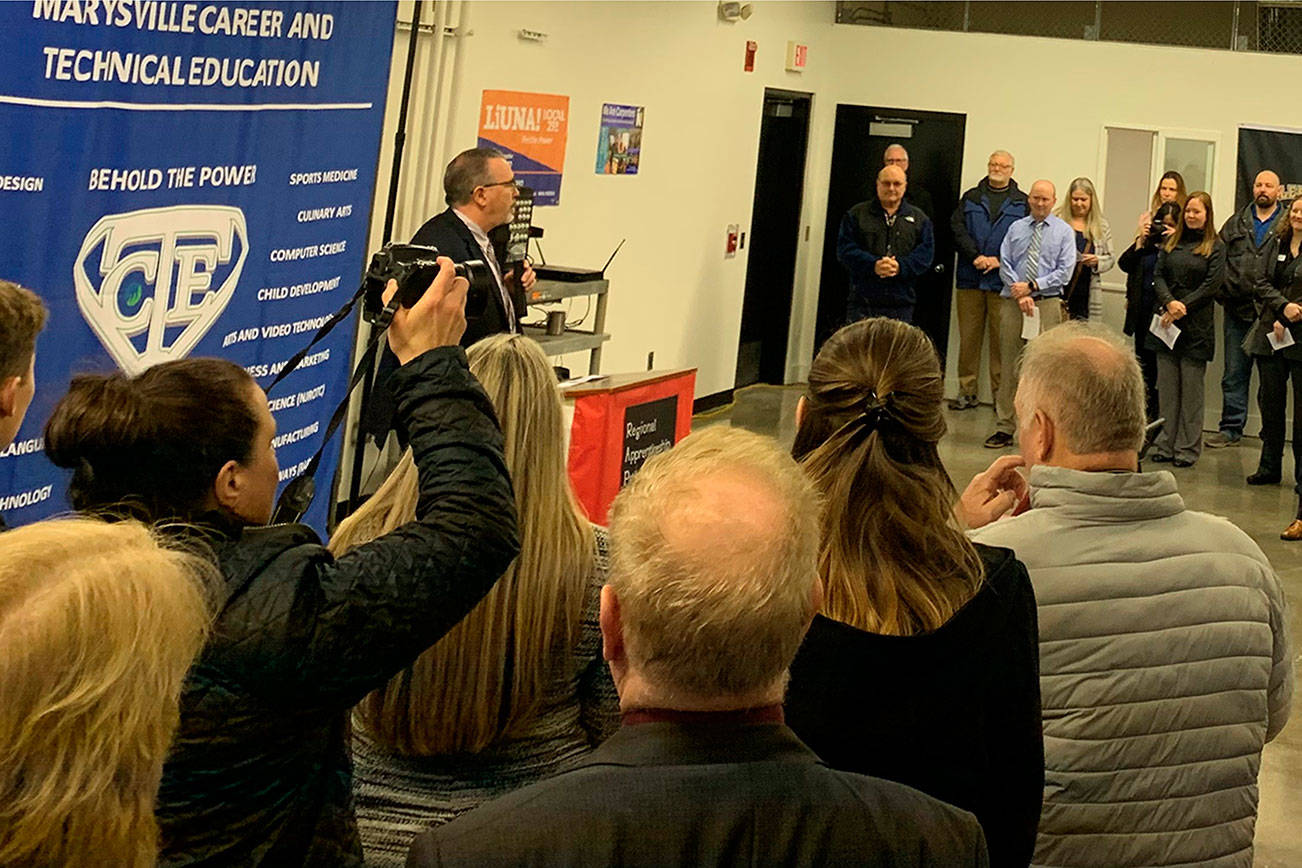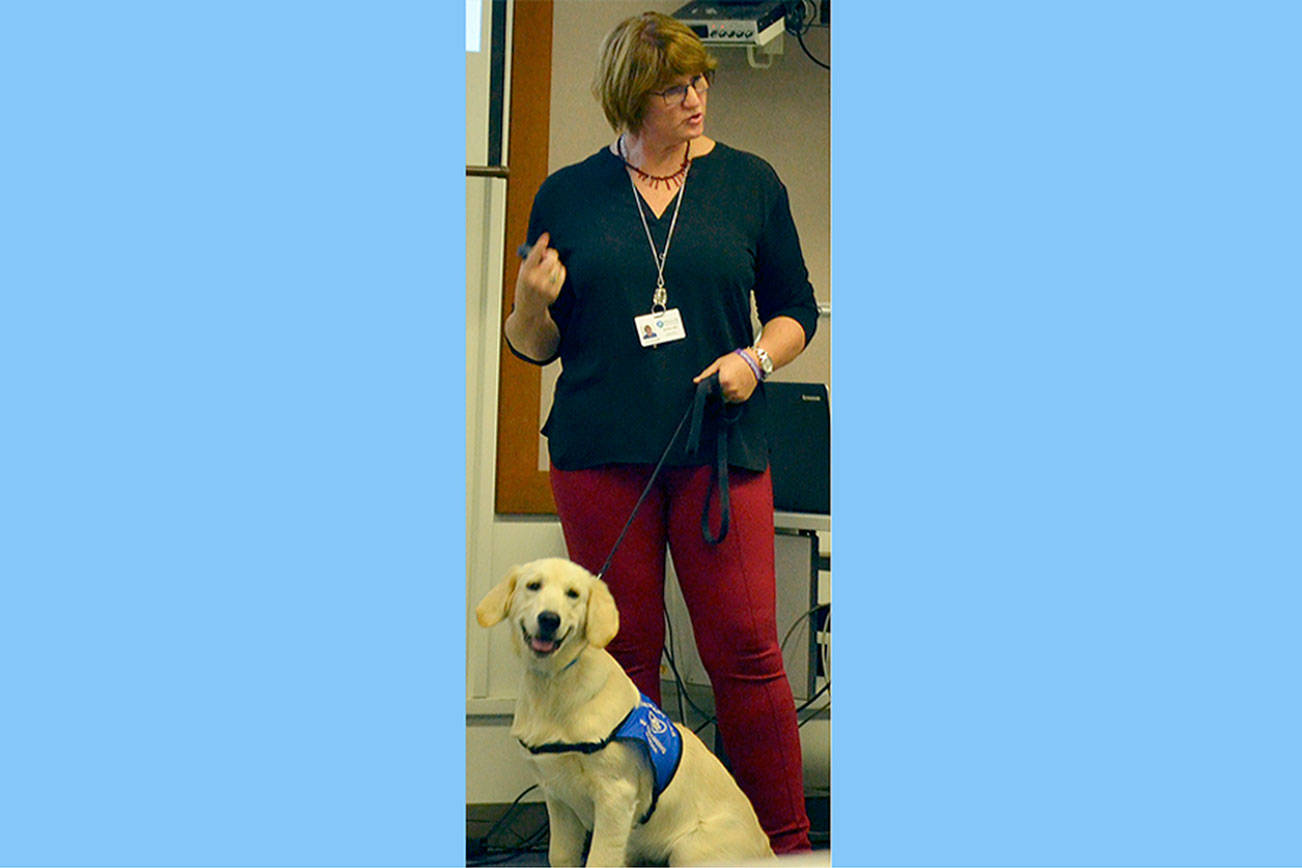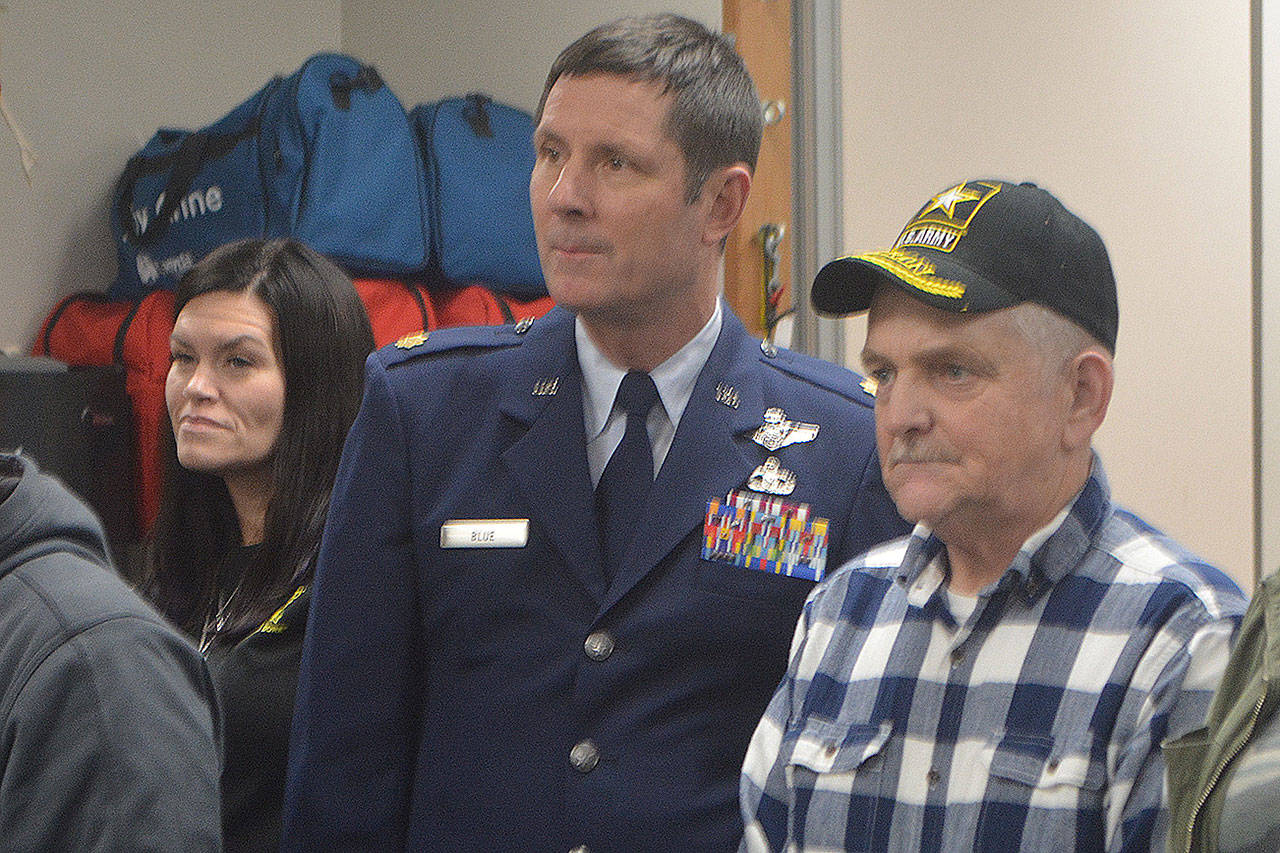ARLINGTON – There is no mayor school, but even if there was it wouldn’t teach how to handle something as huge as the Oso landslide.
What’s ahead?
Anniversary memorial
Medal of Valor
Looking back
President’s visit
—–
Oso 1-year anniversary events
• Memorial, March 22, 10 a.m., Oso slide site, Highway 530 will be closed from 9 a.m. to noon, participants will be shuttled on buses to the site.
• Soup Social at Oso Fire Department March 22 from noon to 4 p.m.
• Pie Social at Darrington Community Center, March 22.
• Benefit Concert with six acts for Oso Fire Department at Rhodes River Ranch March 21 at 1 p.m., to include buffet and live auction.
—-
Red Cross still helping victims
ARLINGTON – The Red Cross has helped victims of the Oso slide in a variety of ways this past year, including housing needs for Kris and LoAnna Langton and Suzan Andrews.
